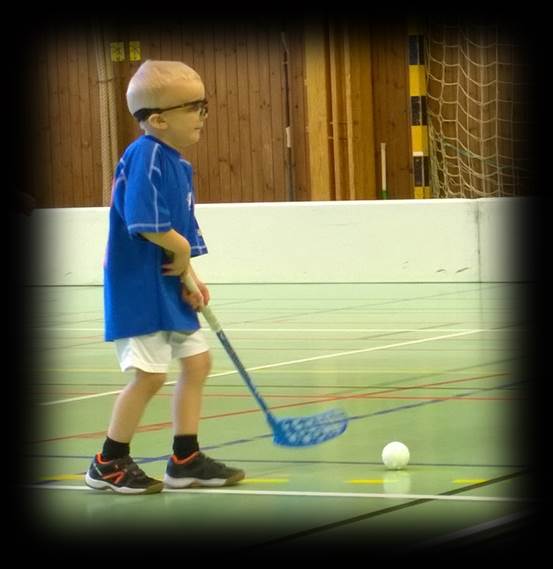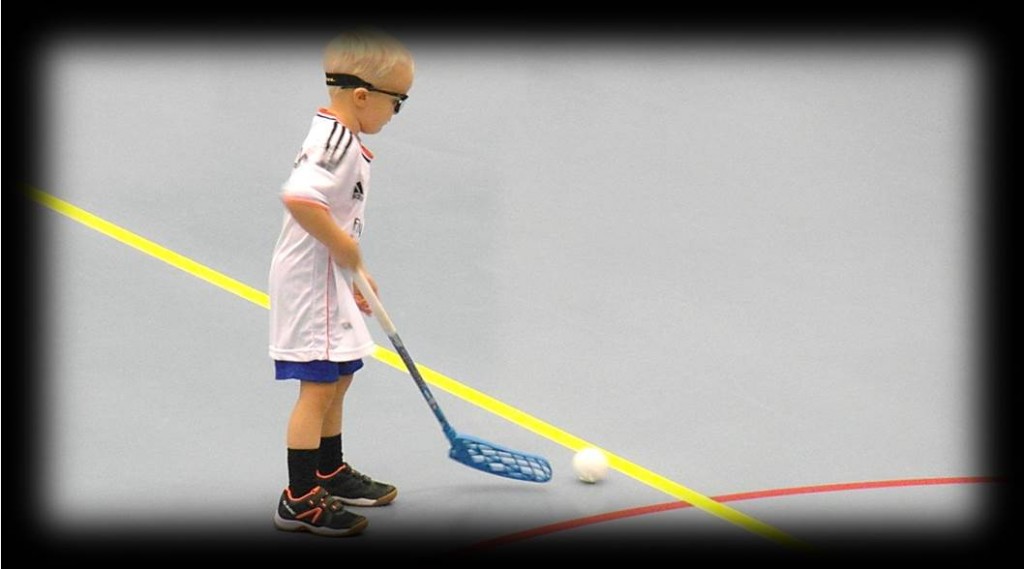Our brain is amazing
Eonverye taht can raed tihs rsaie yuor hnad… not all of us can, but most… and if you can’t, you’re still normal ; )
Icdnuolt blveiee taht I cluod aulaclty uesdnatnrd waht I was rdanieg. The phaonmneal pweor of the hmuan mnid, aoccdrnig to a rscheearch at Cmabrigde Uinervtisy, it dseno’t mtaetr in waht oerdr the ltteres in a wrod are, the olny iproamtnt tihng is taht the frsit and lsat ltteer are in the rghit pclae.. The rset can be a taotl mses and you can sitll raed it whotuit a pboerlm. Tihs is bcuseae the huamn mnid deos not raed ervey lteter by istlef, but the wrod as a wlohe. Azanmig? Yaeh, and I awlyas tghuhot slpeling was ipmorantt!
Bring this along in your leadership, our brains are amazing and will create pictures of what we say, even if we don’t get the full, or fully complete picture.
No, no words in communication
Think about a moment where somebody is talking to you and you felt all the energy was gone at that moment, or afterwards. Think back of the words that person used, could these have affected the loss of energy?
I think there are worlds that you can avoid in your communication, do you have some own examples of negative words?
For me the words must, always, don’t and never, are some examples that can kill the message, or give the wrong kind of thinking. You can try to put those words in a sentence and think of the reaction from the receiver, by thinking how you would react on the message.
You can also use the “but – word”, to kill your message. But can easily be changed to and, in many of the cases, like for example, and you can… compared to, but you can…
Let me give some examples of these negative destroying words, creating the wrong mental picture.
Don’t think of…
Don’t think of a yellow sour lemon, but I said Don’t think of a yellow lemon! How many times do I need to repeat it, Don’t think of a yellow lemon!
What happened, what were you thinking of? A yellow lemon? Most of us will or would.

Somehow our brains are built to sort out the important thing in a message (like in the example above, with the letters), but the “don’t part” usually falls out, and we think of a yellow lemon.
Don’t hit the post, don’t hit the post… You know the result…
Feelings vs. Facts
When you are up to take the penalty shot you need to control your stress level, feelings and thoughts (more of this in the feedback section later). You can also try to visualize the facts, in order to control the feelings and thoughts, did you know that to cover a football goal (soccer) you need 10 footballs above each other and 31 beside each other, meaning you need 310 footballs to cover the whole goal. You have 310 spots to shoot the ball into the goal.
Basketball example
If you ask somebody who is not that familiar with basketball, how much space there will be left outside the ball when it goes into the basket, by the way, what would you answer?
How many centimeters or inches round the ball do you think there is left?
Of course there has been research done in this area. There were two teams of young people, the first team were looking up to the basketball basket and could start to throw their basketballs. The second team had a basketball basket on their level and they could feel the size, feel it, and also try to fit themselfes in to the basketball basket ring and they could see how much space there where left around the ball. After that they started to throw the basketball into the basket.
I think it’s already quite obvious which of the teams performed better. Team one with a self created or given negative mental picture? Or team two with realistic fact based positive image?
I will give you the right picture as well. The answer is that, you can nearly get two basketballs (at least in women’s size) in to the basket at the same time.
That was not the picture you had in your mind, right? Quite a difference between these two images? You can imagine how easy it will be for you the next time you play basketball, or imagine the effect on our players when they have the right picture and are not steered by negative thoughts and feelings when they start a new drill, practice or work towards a common goal. Everything is possible, use facts to beat your negative feelings and thoughts and work with changing negative to positive, what if, to why not?
Mental homework
This could also be a homework for your floorball players, that they try to change their own negative thoughts they are facing in other situations outside floorball to positive thoughts. They need to practice these skills as much as technichal skills with a ball. If you want to be a champion you need to thin like one. Take the full responsibility for your own thoughts, there aren’t room for negative thoughts. Your thinking drives your behaviour and actions and these will form the performance. What about you as the leader?
Positive or negative touch on your message?
Choose your words wisely. You can say things in a negative way or in creative positive way. Why tell your players how they should not do things or what they should avoid, when you can choose to talk about how they should do, and what opportunities they have. Words you say as a leader affect your floorball players, their mental pictures and the culture within the floorball team.
If you throw something in to the water, you can see the rings it will create on the water surface, so chose carefully what the things are, you “throw” in to your floorball team. Each action, word, behavior, attitude, relationship counts within the team, in order to be successful, each of these actions will be spread amongst the team one way or another.
Words coming from you mouth, will create the pictures in your players heads and also the words coming from their mouths, you strengthen what you talk about positive or negative, and you are the one making the choice between these two alternatives!
Focus should be on what to do, not on what you should avoid doing.








